Table of Contents
Unleashing the Power of Artificial Intelligence has revolutionized how we live and work. From how artificial intelligence is transforming industries like healthcare and finance, to key applications of AI in everyday life such as smart devices and virtual assistants, its impact is undeniable. As we look to the future, the future of artificial intelligence: what lies ahead? holds endless possibilities. However, with these advancements come challenges and ethical considerations in AI development, including data privacy and bias. This article explores the vast potential and pressing issues surrounding AI.
How Artificial Intelligence is Transforming Industries
Artificial Intelligence (AI) is rapidly revolutionizing various industries, reshaping the way we work, communicate, and live. From healthcare to finance, education, and manufacturing, AI is driving innovation, enhancing efficiency, and offering solutions to complex challenges. The ability of AI to analyze massive amounts of data and learn from patterns has opened up a world of possibilities for businesses and organizations.
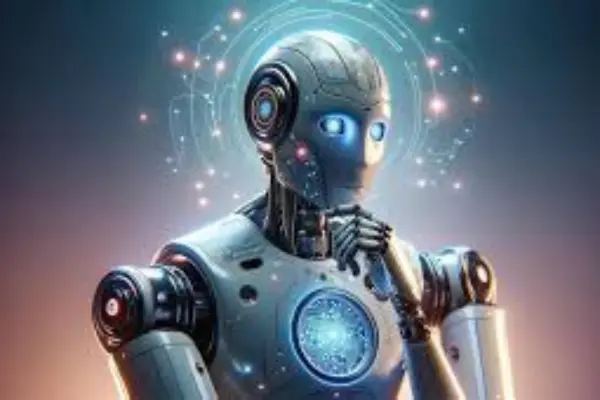
In healthcare, AI is enabling more accurate diagnoses, personalized treatments, and early disease detection. In finance, AI-powered algorithms are improving risk management, fraud detection, and customer service. Even in education, AI tools are helping personalize learning experiences, while in manufacturing, AI-driven automation is increasing productivity and reducing errors.
A report from McKinsey suggests that AI has the potential to deliver an additional $13 trillion to the global economy by 2030. Industries that are early adopters of AI are already seeing significant improvements in operational efficiency and customer experience, proving that the power of AI can drive both innovation and growth.
AI in Healthcare
The healthcare industry has been one of the biggest beneficiaries of AI technology. AI is revolutionizing early disease detection, where machine learning algorithms can analyze medical images such as X-rays and MRIs to detect anomalies more accurately than the human eye. For instance, AI systems in radiology are being used to identify signs of cancer at a much earlier stage, enabling timely treatment.
In addition to diagnostics, AI is enhancing treatment plans by analyzing patient data to recommend the most effective personalized treatment options. AI systems can process vast amounts of clinical research and patient data to assist doctors in making more informed decisions. This reduces the time and effort required for doctors to sift through research and creates more tailored care plans.
Read More “From Sci-Fi to Reality: The Evolution of Artificial Intelligence“
Read More “ Jio Coin Price Prediction: How Much Will Reliance’s New Cryptocurrency Be Worth in 2025? How To Buy It?“
Patient monitoring is another area where AI is making significant strides. Wearable devices with AI technology can monitor patient health in real time, alerting healthcare professionals to any potential issues. This not only improves patient outcomes but also reduces the burden on hospitals and clinics by allowing for remote monitoring.
AI in Finance and Business
In the world of finance, AI is transforming how businesses detect fraud, manage risks, and engage with customers. Fraud detection is one of the key areas where AI excels. By analyzing vast amounts of transactional data, AI can identify suspicious activities in real-time, helping financial institutions prevent fraud before it happens. According to Juniper Research, AI will help banks save $447 billion by 2023 through enhanced fraud detection and operational efficiencies.
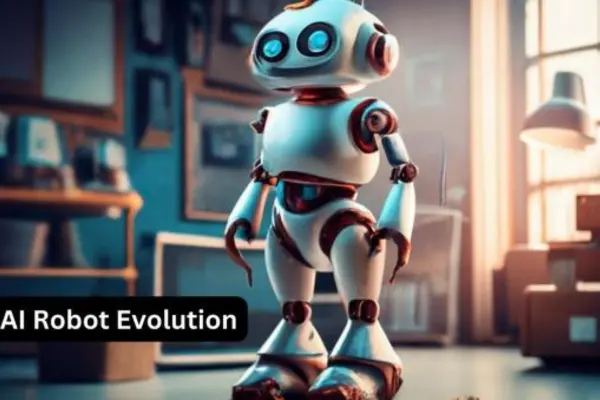
In risk management, AI systems can predict market trends, assess risks, and offer real-time insights to businesses. This allows financial institutions to make data-driven decisions, reducing uncertainty in investment and lending processes.
Furthermore, AI is transforming customer experiences in the finance industry. Chatbots and virtual assistants powered by AI are now able to handle routine customer queries, freeing up time for human agents to focus on more complex tasks. This not only enhances customer service but also improves operational efficiency, allowing businesses to scale without increasing costs.
Key Applications of AI in Everyday Life
Artificial Intelligence (AI) has seamlessly integrated into our daily routines, often without us even realizing it. From virtual assistants like Siri and Alexa to recommendation engines on platforms like Netflix and Amazon, AI is behind much of the technology we interact with on a regular basis. These AI-driven tools enhance our daily lives by providing convenience, efficiency, and personalized experiences that were unimaginable just a few years ago.
Virtual assistants are one of the most prominent applications of AI. They help with tasks like setting reminders, sending messages, and answering questions, making our day-to-day lives more streamlined. Recommendation engines, on the other hand, analyze our preferences and behaviors to suggest products, shows, or music, improving user experiences on platforms like YouTube and Spotify.
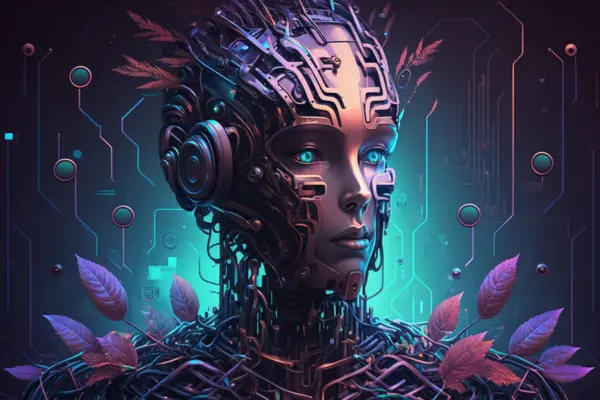
In addition, smart home devices, such as thermostats, lighting systems, and security cameras, are powered by AI to automate and optimize our living environments. These innovations enhance convenience by learning from our habits and adjusting settings accordingly, often without manual input.
The widespread use of AI in everyday life is making things not only more convenient but also smarter, more efficient, and personalized, allowing us to focus on what truly matters.
AI in Smart Devices and IoT
Smart devices and the Internet of Things (IoT) have brought AI into our homes and daily routines in transformative ways. Devices like smart thermostats (e.g., Nest), smart lighting systems (e.g., Philips Hue), and AI-powered home assistants (e.g., Google Home) learn from our behaviors and preferences, automatically adjusting the environment to suit our needs. For instance, a smart thermostat might learn your schedule and adjust the temperature in your home to conserve energy when you’re away and ensure comfort when you return.
AI’s integration into wearables, such as fitness trackers and smartwatches, is another key area where it enhances daily life. These devices use AI to monitor vital signs, track activity, and offer personalized health insights. By analyzing your daily activity and sleep patterns, AI-powered wearables provide suggestions for improving your overall well-being, making health management more intuitive and effective.
AI in Social Media and Content Personalization
One of the most impactful ways AI touches our lives is through content recommendation algorithms on social media platforms like Facebook, Instagram, and YouTube. These algorithms analyze user behavior—such as likes, shares, and watch time—to curate personalized content that aligns with individual preferences. This not only enhances the user experience but also keeps people engaged on the platform for longer periods.
AI also plays a crucial role in targeted advertising on social media. By understanding user demographics, interests, and behavior, AI ensures that users see ads relevant to their needs and preferences. This level of personalization benefits both users and advertisers by making ad campaigns more effective while providing content that is more engaging.
The Future of Artificial Intelligence: What Lies Ahead?
As artificial intelligence continues to evolve, the next decade promises groundbreaking advancements that will shape industries, society, and even our daily lives. From machine learning to deep learning, the future of AI is set to revolutionize areas like autonomous systems, quantum computing, and even space exploration. The ongoing development of AI has the potential to unlock new possibilities and push the boundaries of what machines can do, raising questions about the impact on business, labor, and ethics.
In the coming years, AI is expected to become more sophisticated in its ability to process data and make decisions. Machine learning algorithms will continue to improve, enabling more accurate predictions and better decision-making capabilities. Deep learning, which mimics the human brain’s neural networks, will allow machines to learn from vast datasets without human intervention, leading to more intelligent systems.
One of the most anticipated breakthroughs is the integration of quantum computing with AI. Quantum computers can process information at speeds far beyond traditional computers, potentially supercharging AI’s capacity for complex problem-solving. This could lead to monumental advancements in fields such as drug discovery, climate modeling, and cryptography. Another area where AI is expected to make a significant impact is space exploration. AI-driven technologies will enable autonomous spacecraft and rovers, allowing for deeper exploration of other planets and celestial bodies with minimal human involvement.
Over the next decade, AI will continue to shape businesses by automating processes, enhancing productivity, and creating new opportunities for innovation. It will also transform society by changing how we interact with technology, leading to more personalized, efficient, and intelligent systems in our homes and workplaces.
AI and Autonomous Vehicles
One of the most exciting prospects for the future of AI lies in the realm of autonomous vehicles. AI-driven cars, trucks, and public transportation systems are expected to revolutionize how we travel and move goods. Self-driving cars have already made headlines, but their development is just beginning. In the future, AI will not only improve the safety and efficiency of autonomous transportation but also reduce traffic congestion, lower emissions, and optimize fuel consumption.
AI-powered autonomous vehicles can process data from cameras, sensors, and GPS systems in real-time, allowing them to make decisions faster and more accurately than human drivers. As technology improves, these vehicles will become more integrated into our daily lives, reshaping urban planning, transportation systems, and even car ownership models.
AI in Robotics and Automation
AI-driven robotics is another frontier that promises to transform multiple industries, from manufacturing to healthcare. In the future, robots powered by AI will take on increasingly complex tasks, from assembling products to performing surgeries. Automation will extend beyond repetitive tasks, allowing robots to handle more nuanced and delicate processes that require precision and adaptability.
In sectors like agriculture, AI-driven robots could revolutionize farming by optimizing planting, harvesting, and soil monitoring, leading to increased yields and more sustainable practices. In healthcare, robotic surgery guided by AI can offer minimally invasive procedures with higher accuracy than traditional methods, improving patient outcomes.
As AI in robotics and automation advances, it will likely create new job opportunities in AI development and robotics engineering while reshaping traditional industries. This evolution will require businesses and workers to adapt to the rapidly changing technological landscape, positioning AI as a key driver of innovation for the foreseeable future.
Challenges and Ethical Considerations in AI Development
As artificial intelligence (AI) rapidly advances, several challenges and ethical concerns have emerged. While AI offers enormous potential, it also raises important questions about data privacy, algorithmic bias, and job displacement. Addressing these challenges is crucial to ensure AI is developed in a way that benefits society while minimizing harm.
One of the most pressing issues is data privacy. AI systems often rely on vast amounts of personal data to function effectively, leading to concerns about how that data is collected, stored, and used. With high-profile data breaches and misuse of personal information, ensuring the protection of user data is paramount. Transparency in data handling and robust privacy laws are essential to prevent misuse and build public trust in AI technologies.
Another challenge is algorithmic bias. AI systems are only as good as the data they are trained on, and if that data reflects societal biases, the AI can perpetuate or even amplify those biases. This can lead to unfair treatment of certain groups, particularly in areas like hiring, law enforcement, and healthcare. To build fair and inclusive AI systems, it is critical to identify and address these biases early in the development process.
Job displacement is also a significant concern. As AI automates more tasks, certain jobs may become obsolete, raising fears about unemployment and economic inequality. While AI will create new opportunities, it is essential to focus on retraining and reskilling workers to adapt to the changing job landscape.
To address these ethical concerns, there is a growing need for transparency and accountability in AI development. Companies and developers must be open about how AI systems work and ensure that they are used responsibly. Additionally, governments and institutions play a key role in regulating AI to ensure its ethical use. A collaborative approach that includes input from tech companies, regulators, and civil society is necessary to create a more responsible AI ecosystem.
Addressing Bias and Fairness in AI
One of the most critical ethical challenges in AI development is addressing algorithmic bias. AI systems often reflect the biases present in the data they are trained on, leading to decisions that may disadvantage certain groups. For example, AI used in recruitment or loan approval processes may discriminate against individuals based on race, gender, or socioeconomic status if the training data contains historical biases.
Ensuring fairness and inclusivity in AI requires taking deliberate steps to identify and mitigate these biases. This includes using more diverse datasets, regularly auditing AI systems for biased outcomes, and incorporating fairness into the AI design process from the start. Involving diverse teams in AI development can also help to detect potential biases and ensure the system is fair for all users.
The Role of Governments and Institutions in Regulating AI
The rapid advancement of AI has outpaced existing regulatory frameworks, creating an urgent need for governmental policies to manage AI development responsibly. Governments and institutions must step in to ensure that AI is used ethically and that its benefits are distributed equitably across society.
Regulations can address several key areas, including data privacy, transparency, and accountability. Governments should require companies to disclose how their AI systems make decisions and ensure that individuals have the right to understand and contest decisions that affect them. Additionally, policymakers must establish clear guidelines for the ethical use of AI in areas such as law enforcement, healthcare, and finance.
International cooperation is also essential. AI is a global phenomenon, and its development and use transcend borders. A collaborative approach among governments, institutions, and tech companies can lead to standardized regulations and ethical guidelines that ensure AI benefits humanity as a whole.
Conclusion
Artificial Intelligence is reshaping the world at an unprecedented pace, driving innovation across industries, improving everyday life, and unlocking future possibilities. However, with great power comes the responsibility to address the challenges and ethical considerations in AI development, ensuring AI benefits all of humanity. As AI continues to evolve, embracing its potential while managing its risks is crucial for a brighter, more inclusive future.
Ready to dive deeper into the world of AI? Explore our detailed insights and join the conversation on the future of Artificial Intelligence!
What are the key applications of AI in daily life?
Common applications of AI include virtual assistants (e.g., Siri, Alexa), recommendation engines (Netflix, YouTube), smart home devices (Nest, Ring), autonomous vehicles, and content personalization on social media platforms.
How does AI help in healthcare?
In healthcare, AI is used for early detection of diseases, personalized treatment plans, patient monitoring, and automating administrative tasks. AI-driven diagnostic tools help improve accuracy and speed in identifying medical conditions.
What is algorithmic bias in AI?
Algorithmic bias occurs when AI systems make unfair or discriminatory decisions because they are trained on biased data. This can lead to unequal treatment of individuals based on race, gender, or socioeconomic status.
How can algorithmic bias in AI be addressed?
Algorithmic bias can be reduced by using diverse datasets, conducting regular audits, and involving diverse teams in AI development to detect and mitigate unfair outcomes.
How does AI impact job markets?
AI automation can lead to job displacement in certain sectors, but it also creates new roles in AI development, data analysis, and technology management. Upskilling and reskilling workers is crucial to adapting to these changes.
How do AI algorithms personalize social media content?
AI algorithms analyze user behavior, preferences, and interactions to tailor social media feeds and recommend content that aligns with users’ interests, enhancing engagement and user experience.
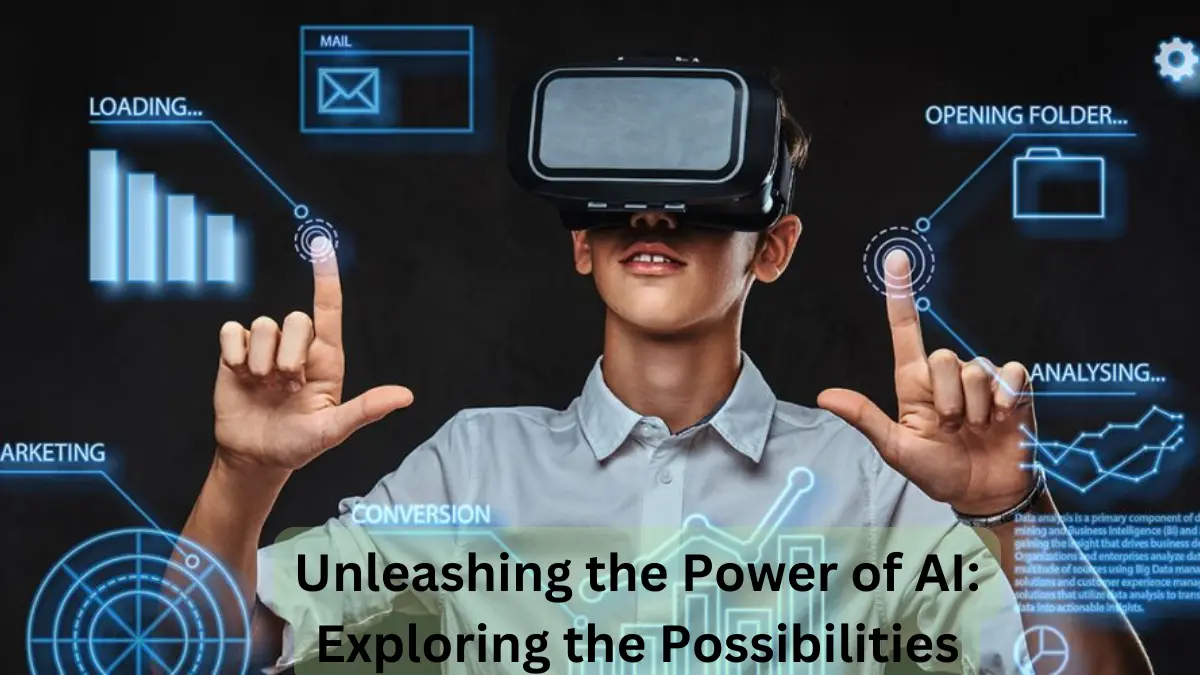

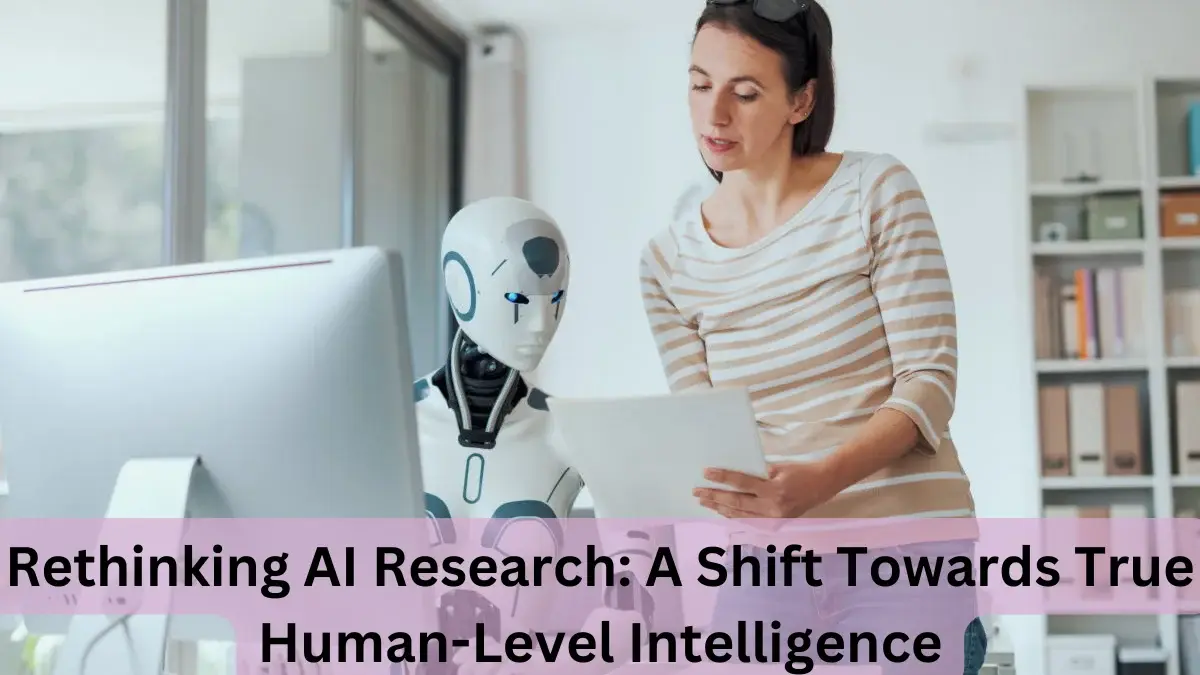

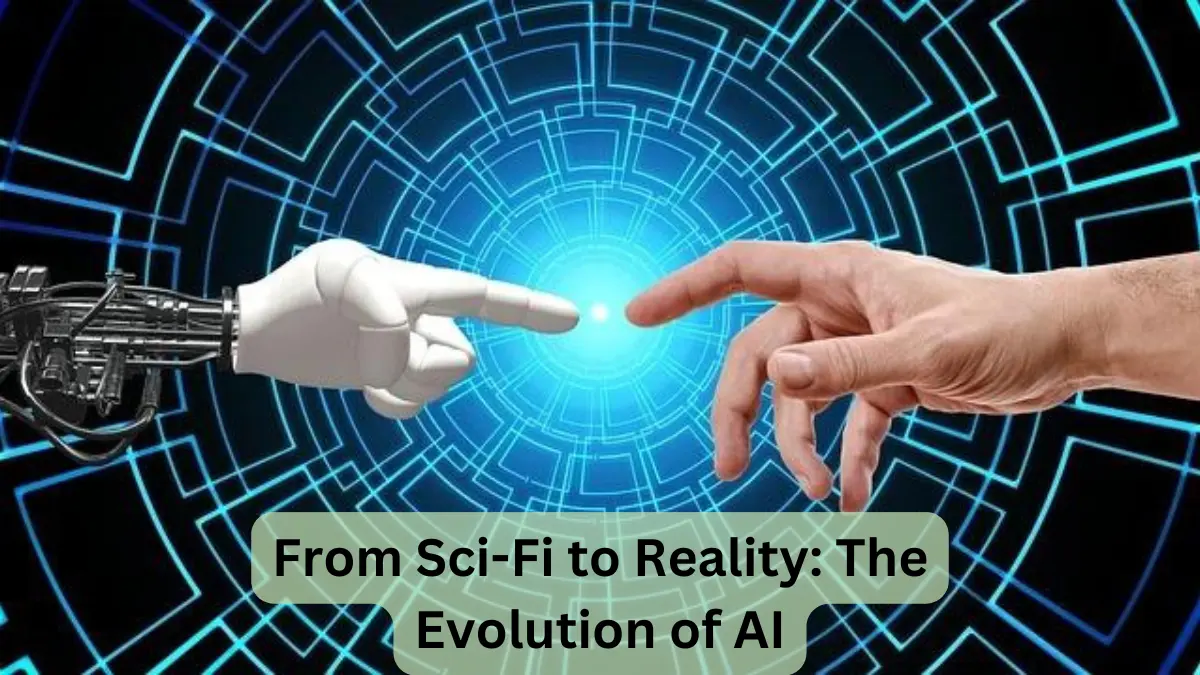

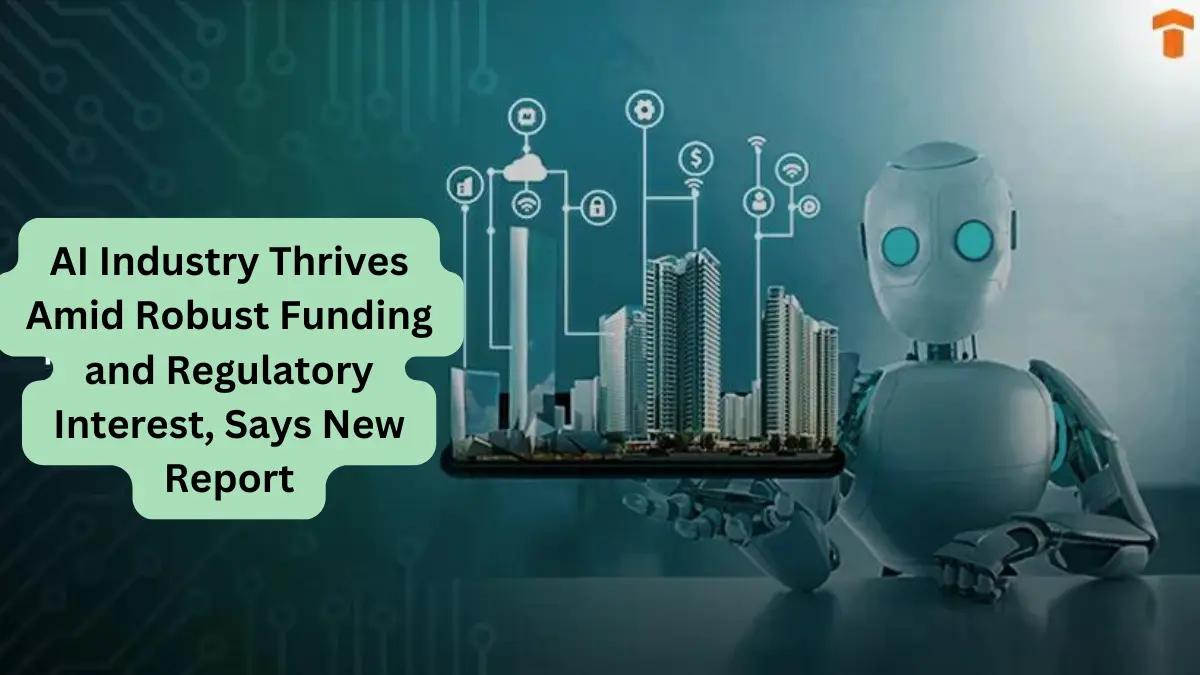
5 thoughts on “Unleashing the Power of Artificial Intelligence: Exploring the Possibilities”